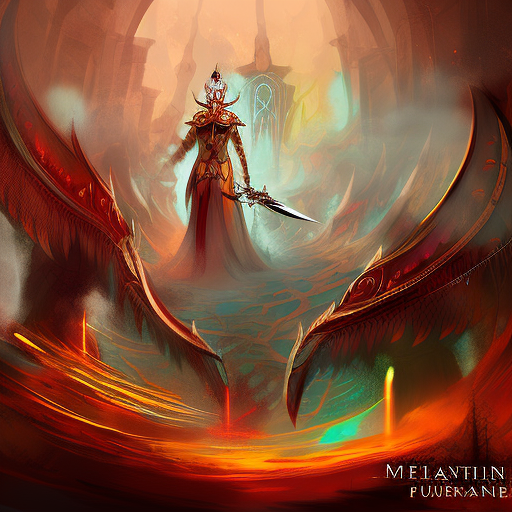Summary:
In “Mythology,” Edith Hamilton explores the rich and captivating world of Greek, Roman, and Norse mythology. Through a collection of stories and legends, Hamilton brings to life the gods, goddesses, heroes, and creatures of ancient civilizations. With her engaging narrative style, she delves into the origins of these myths, their significance in ancient society, and their enduring relevance in contemporary culture.
The Power of Myth:
Hamilton begins by emphasizing the enduring power of mythology. She argues that myths are not merely ancient tales but rather a reflection of the human experience. Myths, she contends, provide insight into the universal themes of love, heroism, betrayal, and the struggle between good and evil. By exploring these timeless stories, readers gain a deeper understanding of themselves and the world around them.
Hamilton highlights the universality of myths by drawing parallels between different cultures. She reveals the striking similarities between Greek and Roman mythology, demonstrating how the Romans adopted and adapted the Greek pantheon. Additionally, she explores the Norse myths, which offer a unique perspective on the human condition and the natural world.
The Gods and Goddesses:
One of the central themes of “Mythology” is the exploration of the gods and goddesses of ancient civilizations. Hamilton introduces readers to the major deities, such as Zeus, Hera, Poseidon, and Athena, and provides vivid descriptions of their personalities, powers, and relationships. She also delves into the lesser-known gods and goddesses, shedding light on their roles and significance within the mythological framework.
Hamilton explores the complex and often tumultuous relationships between the gods. She recounts the epic battles, love affairs, and rivalries that shape the mythological narratives. Through these stories, readers gain insight into the human qualities attributed to the gods, such as jealousy, anger, and compassion. Hamilton’s portrayal of the gods as flawed beings adds depth and relatability to their characters.
Heroes and Legends:
In addition to the gods and goddesses, “Mythology” delves into the heroic figures and legendary tales of ancient civilizations. Hamilton recounts the adventures of heroes like Hercules, Perseus, and Odysseus, highlighting their extraordinary feats and their struggles against formidable foes. These stories not only entertain but also serve as moral lessons, illustrating the virtues of bravery, perseverance, and self-sacrifice.
Hamilton also explores the role of women in mythology, showcasing the strength and agency of figures like Medea, Pandora, and Helen of Troy. She challenges the traditional portrayal of women as passive and submissive, highlighting their complex and often influential roles in shaping mythological narratives.
Key Takeaways:
- Myths are a reflection of the human experience and provide insight into universal themes.
- Mythology offers a unique perspective on the human condition and the natural world.
- The gods and goddesses of ancient civilizations possess human qualities and complex relationships.
- Heroes and legends in mythology serve as moral lessons and exemplify virtues.
- Women in mythology are often portrayed as strong and influential figures.
“Mythology tells timeless tales that continue to resonate with readers, offering a glimpse into the human experience and the enduring power of storytelling.”
In “Mythology,” Edith Hamilton takes readers on a captivating journey through the world of ancient myths. Through her engaging narrative style, she brings to life the gods, goddesses, heroes, and creatures of Greek, Roman, and Norse mythology. By exploring the origins and significance of these myths, Hamilton reveals their enduring relevance and the universal themes they embody.
Key Takeaways:
– Myths are not mere ancient tales but a reflection of the human experience.
– The gods and goddesses possess human qualities and complex relationships.
– Heroes and legends in mythology serve as moral lessons and exemplify virtues.
– Women in mythology are often portrayed as strong and influential figures.
“Mythology” tells timeless tales that continue to resonate with readers, offering a glimpse into the human experience and the enduring power of storytelling.












